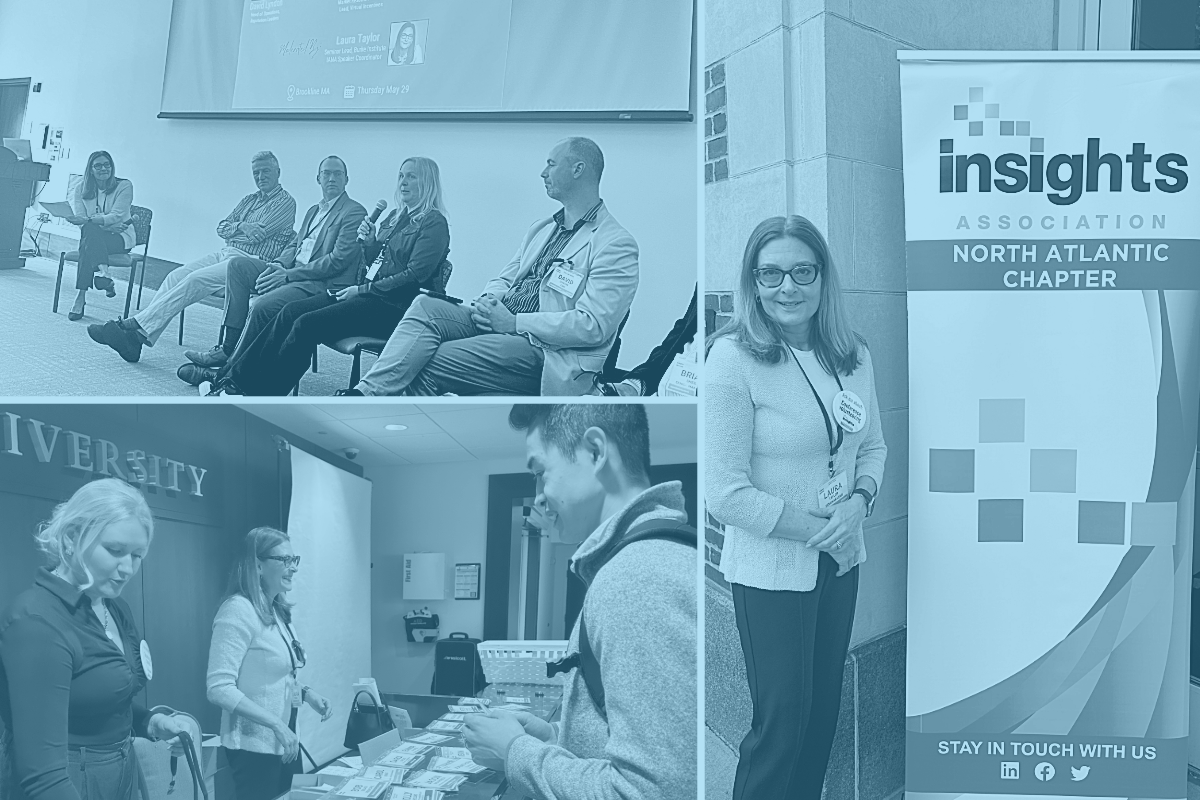
Insights Today: Leveraging Data Abundance
by Jamie Baker-Prewitt
Some insights professionals tend to complete most of their client assignments with methods, frameworks, information, and platforms that reflect their mainstay business. They generate a common type of data, they provide a known set of deliverables, and they essentially “stay in their lane.” However, organizations today often expect integrated data sources to inform more comprehensive solutions to their business problems—and fulfilling this expectation obviously requires a wider range of data and greater diversity of information sources. To put this in perspective, one research client describes his need in this way: “Don’t bring me a deliverable that’s unidimensional and draws from one data source—ever.” Another client-side researcher says this: “I have much more confidence when I have recommendations built from a multifaceted set of data, each with its own lens.”
These statements signal a fundamental shift for insights and analytical professionals tasked with providing decision support. As such, we believe that the time has come to embrace a data-agnostic and data-pluralistic approach to serving organizations’ consultative needs.1
But what, exactly, does this mean?
Data-agnostic insights partners do not inherently favor one data type or research method over others. They recognize the value of third-party data sources that add business-relevant information to other data for a holistic understanding of consumers. For example, seeking partnerships with other companies that provide detailed health care information from claims data, patient cohorts, hospital metrics, and other data types can enhance the breadth and depth of strategic consultation delivered. Considering the benefits of quantitative rigor, qualitative richness, non-conscious insights—as well as opportunities for researcher-consumer co-creation—allows the partner to be unbound to just one or two research methods or data types. Importantly, this agnosticism does not invite use of biased or bad data; it encourages open consideration of different data sources as complements to one another, thereby creating more holistic exploration of the client’s business problem or issue.
Equally important is ensuring data pluralism, as insights and analytics partners strive to provide consultation and recommendations that generate bankable business decisions. In today’s environment of data and information ubiquity, business managers expect recommendations derived from multiple sources. Anyone can conduct a quick survey to get a fast read on a topic. But understanding the complexities of attitudes, their relationships to relevant behaviors, the origins of those attitudes and behaviors, the natural conversations consumers are having about these topics and their choices, and their actions in an omnichannel environment demands a pluralistic approach to insight discovery. Layering contextual information—such as the broader economic and social environment—sheds light on decision influencers and consumer choice in many product categories. Furthermore, the complexity of buyers in both B2C and B2B situations calls for examining business problems and solutions using multiple data sources. And while multi-method research designs have long been recognized for their ability to yield a holistic view of the issues in question, today we are seeing even greater value in data triangulation as a path toward greater confidence in research conclusions and the resulting recommendations.
A critical caveat to this appeal for data-agnostic and pluralistic approaches is that quality must not be sacrificed. Low-quality sources should not be used. In the effort to triangulate using multiple methods and data sources, researchers must select validated methods that are reliable. Moreover, sample or data sources used must be understood, relevant to the business problem, and unbiased. Individual quality considerations apply to each method and data source.
While the desire to have a more holistic understanding of consumers and confidence in research findings is certainly not a change, the best paths to these desired states are, indeed, changing. Central to these changes are methodological and data choices. Present and future success will come to professionals who tap multiple, varied signals to uncover why and how consumers and customers perceive, decide, influence, and experience the world.
1 Clearly, data agnosticism and data pluralism are not entirely separate constructs. They are related: Consistently architecting solutions that are data pluralistic will increase data agnosticism, and vice versa. One should fuel the other.
Jamie Baker-Prewitt, PhD, is Chief Research Officer at Burke. She helps organizations make sound business decisions using science, pragmatism, and psychology.
As always, you can follow Burke, Inc. on our LinkedIn, Twitter, Facebook and Instagram pages.
Sources: Feature Image – ©BullRun – stock.adobe.com









